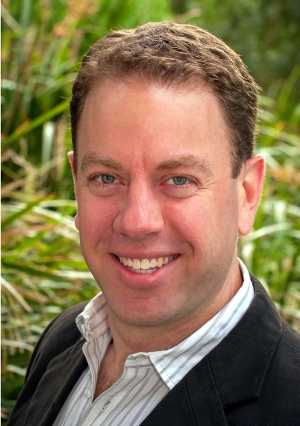New framework to hold food industry to account
Research news
While tobacco industry tactics have been well and truly exposed over the past several decades, another industry is using the same business tactics to ensure policies work in their favour – the food industry.
In a paper recently published in “Obesity Reviews”, Deakin researchers have described how large companies in the food industry use many of the same tactics as companies in the tobacco, gambling and alcohol industries to build global markets, avoid regulation and deflect responsibility for the health consequences of their products.
Australian diets are dominated by processed foods that are high in salt, sugar and saturated fat. As a nation, our unhealthy diet contributes to our very high obesity rates, as well as a myriad of illnesses, including diabetes, heart disease and cancer.
In fact, unhealthy diets now lead to more disease in Australia than smoking. Despite this major public health issue, governments in Australia and elsewhere have been slow to implement recommended policies to address the problem.
In their paper, Senior Research Fellow Dr Gary Sacks, PhD student Melissa Mialon and Alfred Deakin Professor Boyd Swinburn - all from the Deakin-based WHO Collaborating Centre for Obesity Prevention - have devised a framework for analysing food industry lobbying and other practices that the industry uses to influence government policy and public opinion.
The researchers called on one of the world’s top experts on the tactics of the tobacco industry, Professor Anna Gilmore, Director of the Tobacco Control Research Group (University of Bath) to guide the development of the framework.
They describe a large number of practices used by the food industry, including: providing funds, gifts and other incentives to politicians and political parties; staving off regulation by proposing alternatives such as voluntary initiatives or self-regulation; cherry picking research; suing opponents and challenging public policies in courts; establishing fake grassroots organizations (‘astroturfing’); and threatening to withdraw investments if new public health policies are introduced.
The authors claim the framework is an important first step towards improving accountability and transparency.
“By highlighting what companies are doing and how they set out to influence government policy, we can start to improve accountability and work towards improving public health policy,” said Dr Sacks.
“Given Australia’s obesity epidemic, with almost two out of every three Australian adults classified as overweight or obese, there are growing calls from the community for stronger food industry regulation.”
In the paper, the authors cite other public health researchers who claim that the food industry has become a “vector of disease” through its supply of unhealthy food products, its marketing strategies and its corporate political activity.
“One major problem is that a small number of companies have a large degree of economic power, which translates to political power, so there is greater likelihood that food industry profits are being privileged above other considerations. This results in public health policy that does not adequately balance public and commercial interests,” said Dr Sacks.
“The problem is becoming global, with the food industry increasingly penetrating low- and middle-income countries with highly-processed food products.”
Now that the framework has been established, the authors suggest that the corporate political activity of the food industry can be monitored through publicly available data, sourced from the industry itself, governments, the media and other sources.
Steps for country-level monitoring include identification of key food industry actors and related sources of information, followed by systematic data collection and analysis of relevant documents.
The Deakin team of researchers is now implementing the approach in Australia and several other countries in the region. This will generate detailed evidence of the tactics currently used by major food companies in each country. Results are expected within the next 12 months.
Share this story
 Senior Research Fellow Dr Gary Sacks.
Senior Research Fellow Dr Gary Sacks.
